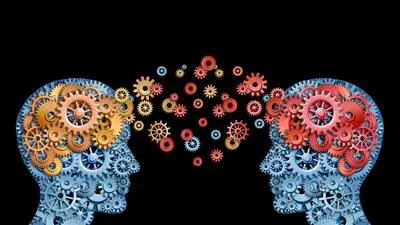Knowledge and Rationality
Corine Besson
About the Course
Is all knowledge essentially rational? What is the connection between knowledge and reason? From Plato to the 21st century, philosopher Corine Besson surveys the field and articulates a new understanding of the relation between rationality, reasons and knowledge.
Theories of knowledge, reasons and rationality are as old as philosophy itself. But despite millennia of pondering, the relation between the three remains bafflingly elusive.
In this two-part course, Corine Besson suggests that we need to rethink that relation. In a radical break with tradition, she argues that rationality and knowledge are connected through norms, not reasons.
By the end of this course, you will have learned:
- How Plato and Aristotle defined reasons and knowledge
- How we sometimes fail to act on good reasons
- Why we seem to have knowledge without reasons
- Why Ryle distinguished between skills and reflexes
- How luck prevents us from having knowledge
- What’s necessary for know-how
- What distinguishes the theoretical from the practical domains
- How knowledge relates to skill
- What problems Lewis Carroll’s Paradox poses for theories of rationality
- What it means to talk about normativity
As part of the course there are in-video quiz questions to consolidate your learning, suggested further readings to stimulate a deeper exploration of the topic, discussion boards to have your say and an end-of-course assessment set by Dr Besson.
Requirements
IAI Academy courses are designed to be challenging but accessible to the interested student. No specialist knowledge is required.
About the Instructor
-
Corine Besson
Corine Besson is Lecturer in Philosophy at the University of Sussex and Director of the Centre for Logic and Language at the Institute of Philosophy, University of London. Her principal areas of research are epistemology, the philosophy of logic and the philosophy of language.
Course Syllabus
-
Part One: Knowledge and RationalityBesson surveys the field from Plato and Aristotle right up to the present day. How have philosophers throughout history tried to make sense of knowledge and rationality?
-
Part Two: The Limits of RationalityBesson addresses the following questions: Are there different types of knowledge? Is some knowledge a skill? What role does luck play in knowledge and rationality? What is normativity?


